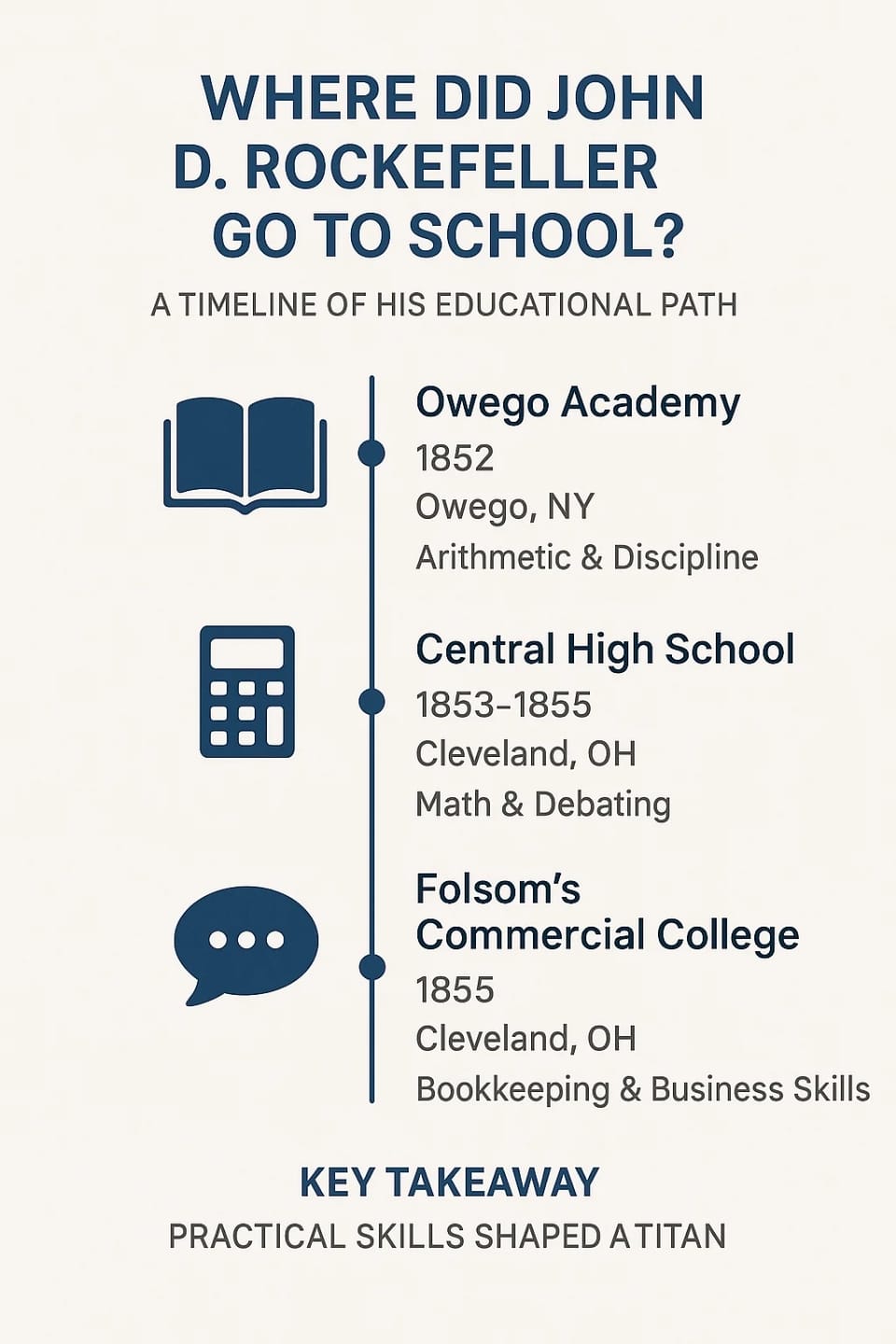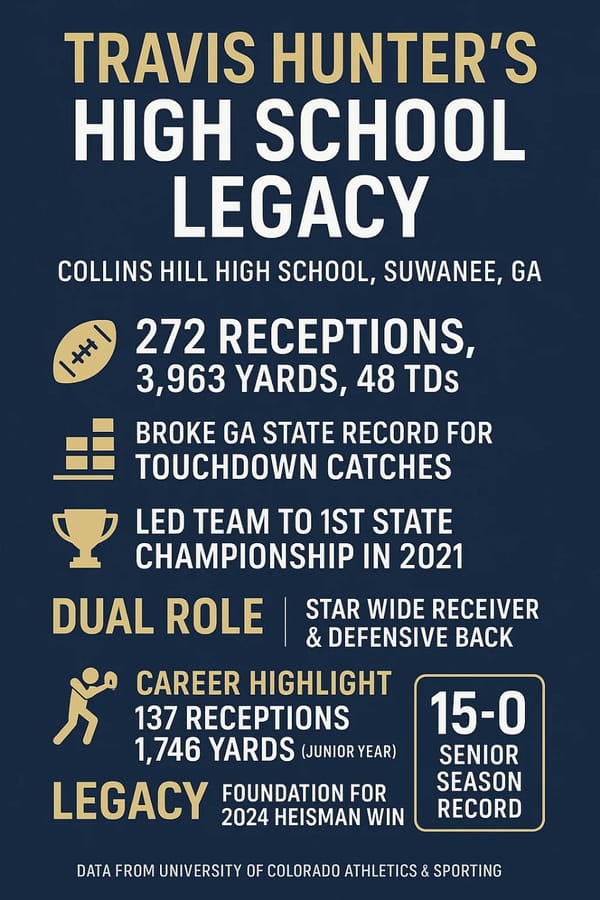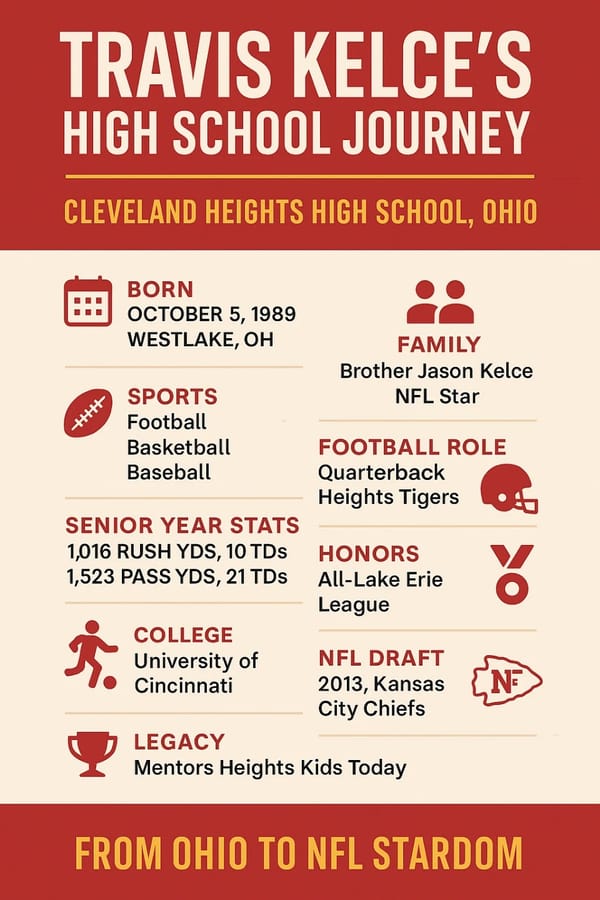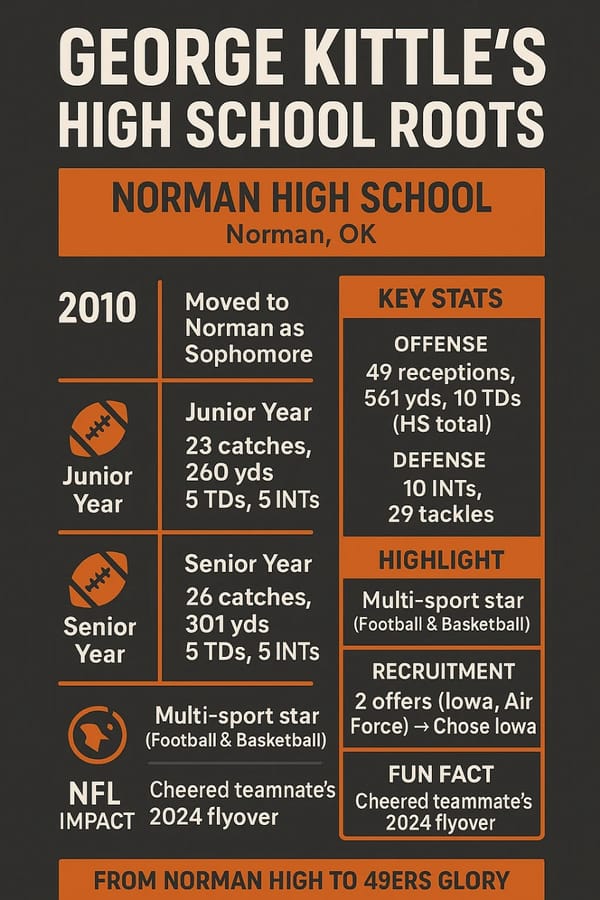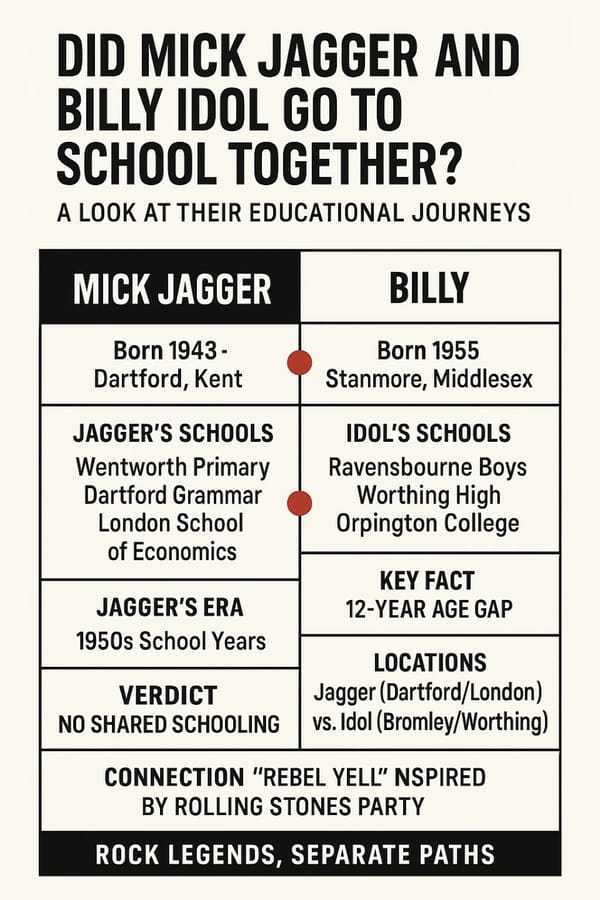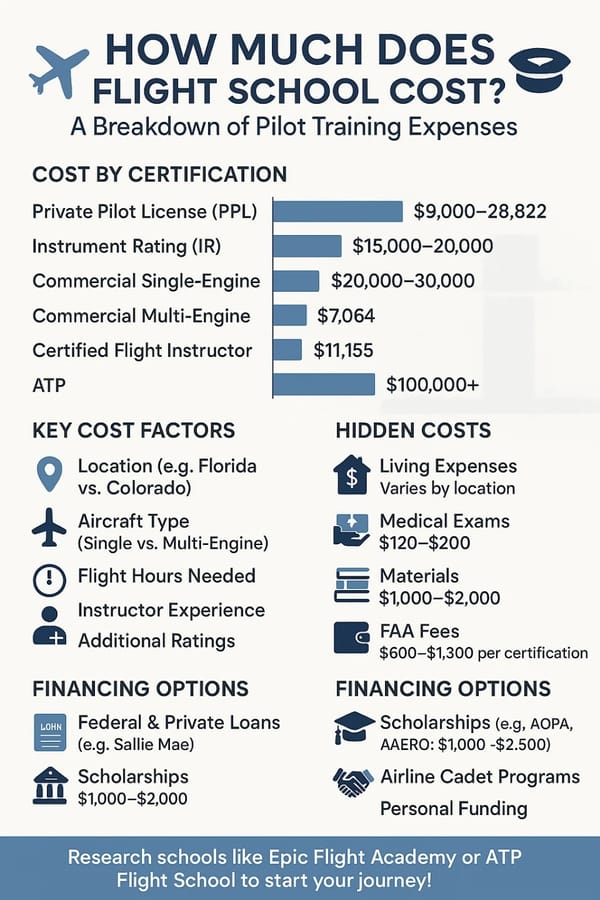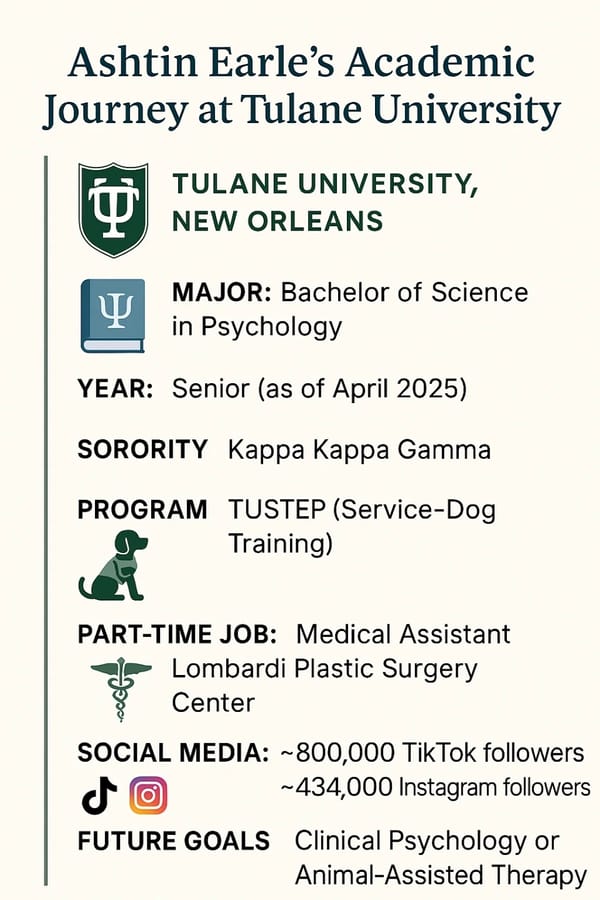Explore John D. Rockefeller's Educational Journey
What Educational Institutions Did John D. Rockefeller Attend? A Deep Dive into His Educational Journey
John D. Rockefeller—the legendary figure behind Standard Oil and one of America’s most iconic tycoons—crafted an empire that transformed modern civilization. But what educational institutions did John D. Rockefeller attend during his schooling years? Which schools shaped the intellect of this titan of American business? In this detailed exploration, we uncover Rockefeller’s educational path, from his early days in New York to his practical training in Ohio, and analyze how these experiences fueled his extraordinary career. Whether you’re a history enthusiast, a business student, or simply intrigued by one of America’s most renowned figures, this article delivers an engaging, in-depth look at Rockefeller’s formative years.
Introduction: Why Rockefeller’s Education Matters
Picture a boy in 19th-century America, hopping between towns, piecing together an education that would one day empower him to dominate the oil industry. That boy was John D. Rockefeller, and his schooling—modest by today’s standards—laid the foundation for a legacy that still resonates. Learning about where John D. Rockefeller went to school isn’t just a historical footnote; it’s a window into how practical skills and disciplined study propelled him from a humble bookkeeper to a billionaire philanthropist. In this article, we’ll trace his educational journey, explore its impact on his career, and reveal how it unexpectedly shaped his giving. Ready to dive into Rockefeller’s story? Let’s get started!
Early Life: Setting the Stage for Learning
John Davison Rockefeller was born on July 8, 1839, in Richford, New York, to William Avery Rockefeller and Eliza Davison. His early years were marked by instability—his father, a traveling salesman known for questionable business practices, frequently uprooted the family. They moved from Richford to Moravia, then Owego, New York, and later to Strongsville and Cleveland, Ohio, exposing young John to a variety of challenges and settings.
Eliza, a devout Presbyterian, was the family’s anchor. She instilled in John a strong work ethic, financial prudence, and a sense of responsibility—values that would define his life. By age 12, he’d saved over $50 from odd jobs like raising turkeys, even lending it out at 7% interest to a neighbor—a story he later cited as a spark for his financial mindset. This blend of grit and discipline, nurtured by his mother, primed him for the educational path ahead.
Owego Academy: The First Step in Rockefeller’s Education
In 1852, the Rockefellers settled in Owego, New York, where John enrolled at Owego Academy. Founded in 1846, this institution was a classic 19th-century academy, teaching reading, writing, arithmetic, and sciences with a focus on moral education. It was here that Rockefeller’s talent for numbers emerged. He excelled in mental arithmetic—a skill that would become a cornerstone of his business success—though he remained average in other subjects.
The structured environment of Owego Academy broadened his perspective and taught him perseverance. Though brief, this early formal education left a lasting mark, introducing him to disciplined learning he’d carry forward. Want to learn more about its historical context? Check out the Rockefeller Archive Center for additional insights.
Central High School: Building Skills in Cleveland
By 1853, the family had relocated to Cleveland, Ohio—a growing hub of opportunity. John joined Central High School, the city’s first public high school and a trailblazer west of the Alleghenies. Here, his education took a leap. He continued to shine in mathematics, but his standout experience was on the debating team.
Debating honed his quick thinking and ability to articulate ideas—skills that later helped him outmaneuver rivals and win over investors. Imagine a teenage Rockefeller, confidently debating in front of classmates; it’s a glimpse of the leader he’d become. His time at Central High School, spanning 1853 to 1855, bridged basic learning with the practical training that followed, setting him up for the next big step.
Folsom’s Commercial College: A Crash Course in Business
At 16, Rockefeller made a bold choice: instead of pursuing college, he enrolled in a ten-week program at Folsom’s Commercial College in Cleveland in spring 1855. This wasn’t your typical school—it was a targeted crash course for young men entering the workforce. The curriculum covered single- and double-entry bookkeeping, penmanship, commercial history, mercantile customs, banking, and exchange—practical skills for a budding entrepreneur.
Rockefeller breezed through the course in three months, showcasing his determination and sharp mind. The bookkeeping skills he mastered landed him his first job at Hewitt & Tuttle, a commission merchant firm. As he later reflected, tracking every penny gave him a deep understanding of business operations—a foundation for his rise to Standard Oil. Dive into his early career at PBS American Experience.
Why No College?
Why didn’t Rockefeller chase a university degree? In the 1850s, higher education wasn’t the golden ticket it is today. For a young man eager to work and support his family, a practical business course trumped years of classical study. His decision mirrored the era’s pragmatic spirit—and it paid off big time.
How Education Shaped Rockefeller’s Career
Rockefeller’s schooling may look slim by modern standards, but it was tailor-made for the industrial age. Here’s how each stop shaped his success:
- Owego Academy: Sparked his love for numbers with a focus on arithmetic.
- Central High School: Sharpened his public speaking and critical thinking through debate.
- Folsom’s Commercial College: Armed him with bookkeeping and commercial know-how.
These skills shone early on. At Hewitt & Tuttle, his precision with records vaulted him from assistant bookkeeper to cashier. By 1859, with $1,000 saved and another $1,000 borrowed from his father, he launched a commission business with Maurice B. Clark—a launchpad to the oil industry. His knack for data analysis, negotiation, and organization stemmed directly from his education.
When he co-founded Standard Oil in 1870, these traits scaled up. His bookkeeping background drove efficiency and cost-cutting, helping Standard dominate the market. Without this educational foundation, Rockefeller’s climb to America’s first billionaire might have been far steeper.
Philanthropy: Giving Back Through Education
Rockefeller’s schooling didn’t just build his career—it inspired his giving. Though he never attended college, he saw education as a game-changer. In 1902, he founded the General Education Board with a $1 million gift, ballooning to $43 million by 1907—one of the era’s largest philanthropic donations. The board aimed to boost education nationwide, especially in the underserved South.
His focus on practical learning echoed his own path. The board funded schools, teacher training, and agricultural programs, equipping people with real-world skills. His support for medical education further cemented his legacy. Curious about his broader impact? Explore his bio on Wikipedia.
A Personal Reflection
Studying Rockefeller’s life, I’m struck by how his modest education sparked such monumental achievements. Walking Cleveland’s streets, I pictured him as a teen, soaking up lessons that would change the world. It’s a reminder: education’s power lies in its application, not its prestige.
Summary Table: Rockefeller’s Educational Path
| Institution | Location | Years | Key Skills Gained |
|---|---|---|---|
| Owego Academy | Owego, NY | 1852 | Arithmetic, discipline |
| Central High School | Cleveland, OH | 1853-1855 | Math, debating, public speaking |
| Folsom’s Commercial College | Cleveland, OH | 1855 | Bookkeeping, commercial skills |
This table captures Rockefeller’s journey, showing how each school built on the last to prepare him for greatness.
Conclusion: Lessons from Rockefeller’s Schooling
John D. Rockefeller’s educational path—from Owego Academy to Folsom’s Commercial College—was short and unflashy, but it was mighty. Skills in arithmetic, bookkeeping, and public speaking empowered him to conquer business and leave a philanthropic legacy. His story proves education’s worth isn’t in degrees—it’s in what you do with it.
What’s the takeaway? Whether you’re a student, entrepreneur, or dreamer, Rockefeller’s journey urges you to prioritize learning that matters. Got thoughts on his story? Share them in the comments—I’d love to hear your perspective!
